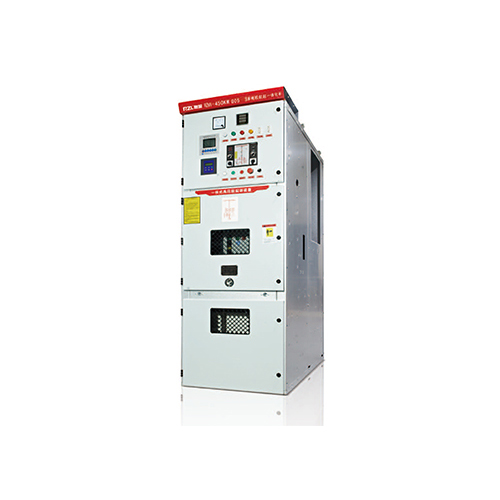Key aspects of solid-state soft starters
2023-10-18
A solid-state soft starter is an electronic device used to control the acceleration of electric motors in industrial applications. It provides a controlled and gradual increase in voltage and current to the motor, allowing it to start smoothly and reducing the mechanical stress and wear on both the motor and the connected mechanical equipment. Solid-state soft starters are commonly used to replace traditional methods of motor starting, such as direct-on-line (DOL) starters or star-delta starters.
Here are key aspects of solid-state soft starters:
1. Solid-State Technology: Solid-state soft starters use semiconductor devices such as thyristors or silicon-controlled rectifiers (SCRs) to control the flow of current to the motor. This technology allows for precise control and smooth acceleration.
2. Starting Characteristics: Soft starters provide a gradual increase in voltage and current to the motor over a preset ramp-up time. This soft acceleration reduces the inrush current and mechanical stress associated with abrupt starts.
3. Motor Protection: Soft starters offer built-in motor protection features such as overload protection, overcurrent protection, and phase imbalance protection. These features help prevent motor damage due to electrical faults.
4. Reduced Mechanical Stress: By avoiding sudden torque and mechanical shock during motor starting, soft starters help extend the lifespan of the motor and connected machinery.
5. Energy Efficiency: Soft starters can contribute to energy savings by reducing the initial current surge during motor startup. This prevents voltage dips and decreases demand charges from the utility.
6. Adjustable Parameters: Soft starters often allow users to adjust parameters such as ramp-up time, starting torque, and acceleration profiles to match the specific requirements of the application.
7. Communication Interfaces: Some advanced soft starters include communication interfaces such as Modbus or Ethernet, enabling remote monitoring, control, and integration with industrial automation systems.
8. Application Flexibility: Soft starters are used in a wide range of industrial applications, including pumps, fans, compressors, conveyor systems, and more.
9. Voltage Ratings: Soft starters are available in various voltage and current ratings to accommodate different motor sizes and power requirements.
10. Compact Design: Solid-state soft starters are typically compact and require less physical space compared to traditional starter solutions.
11. Installation: Soft starters are relatively easy to install, and many models include user-friendly interfaces for configuration and monitoring.
12. Cost Considerations: While solid-state soft starters can have higher initial costs compared to basic starting methods, the benefits of reduced mechanical stress, energy efficiency, and motor protection can lead to long-term cost savings.
Solid-state soft starters offer a controlled and efficient method of starting electric motors, contributing to smoother operation, reduced maintenance, and improved equipment reliability in industrial settings.



